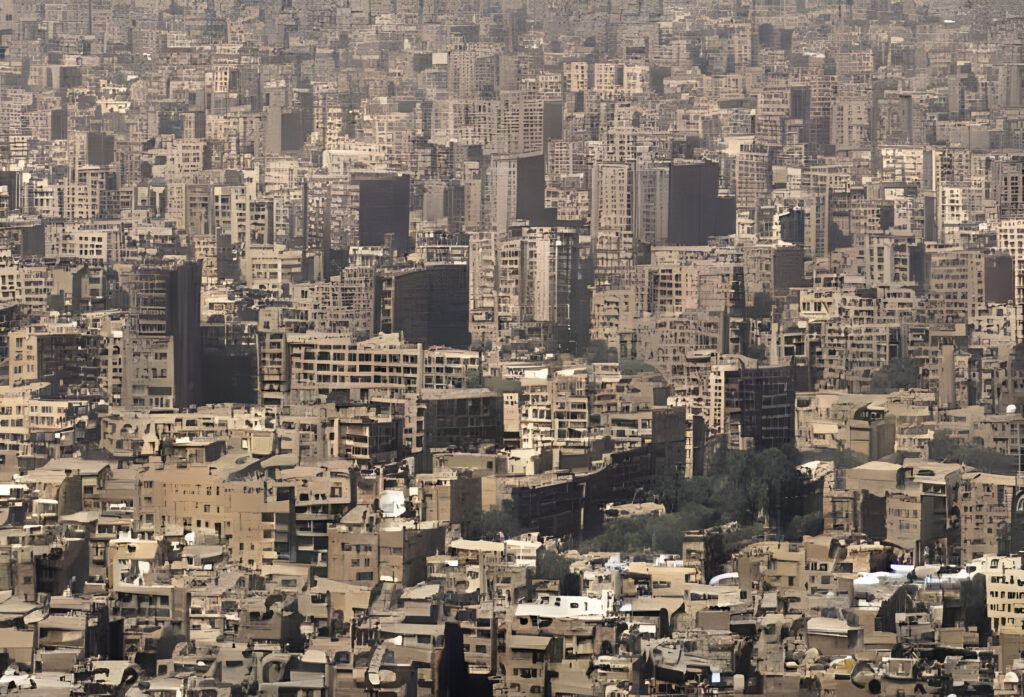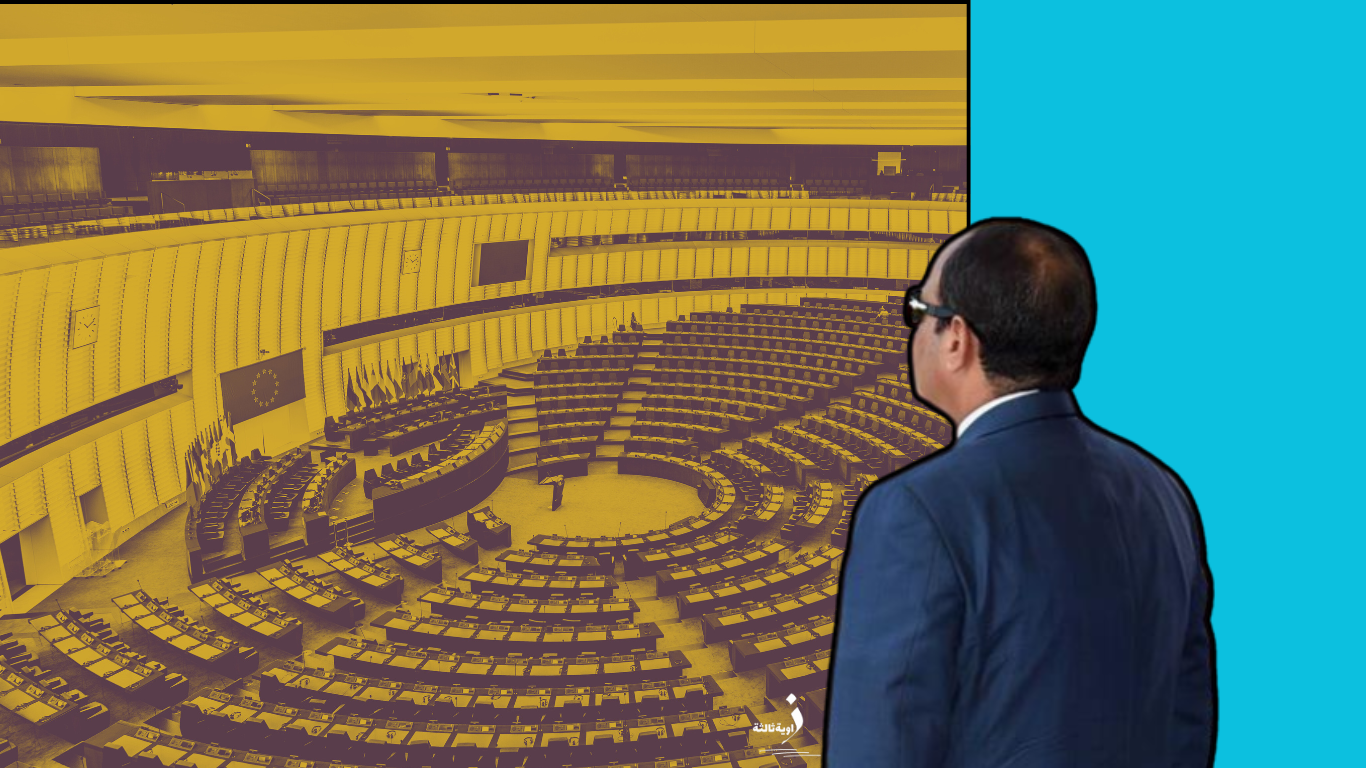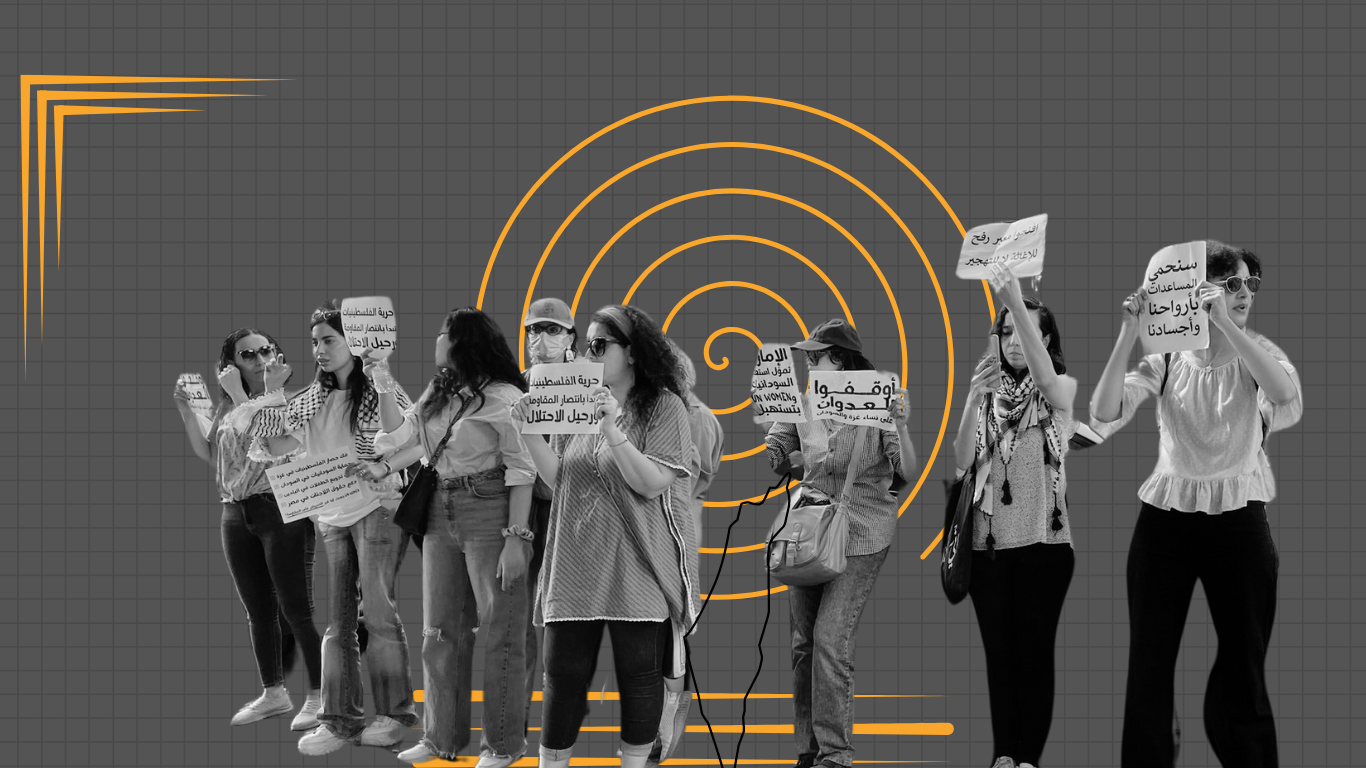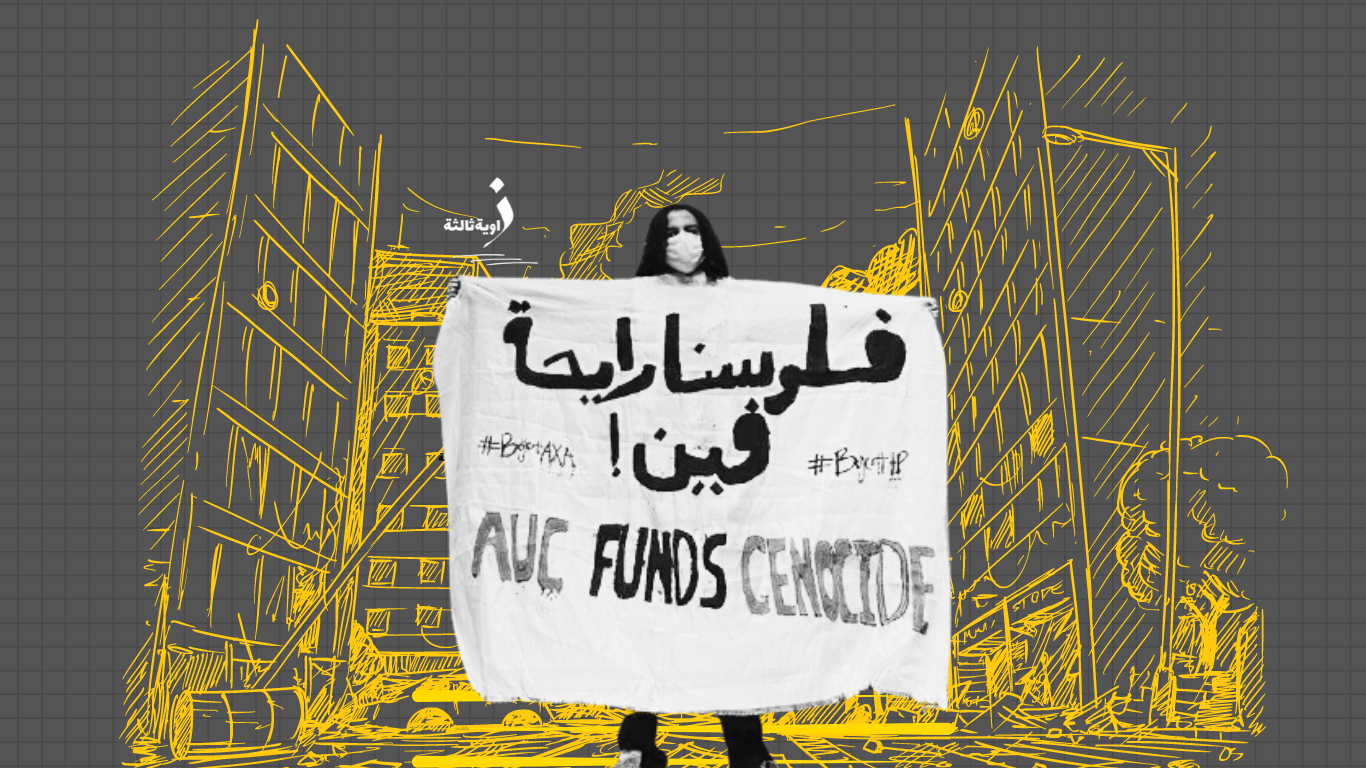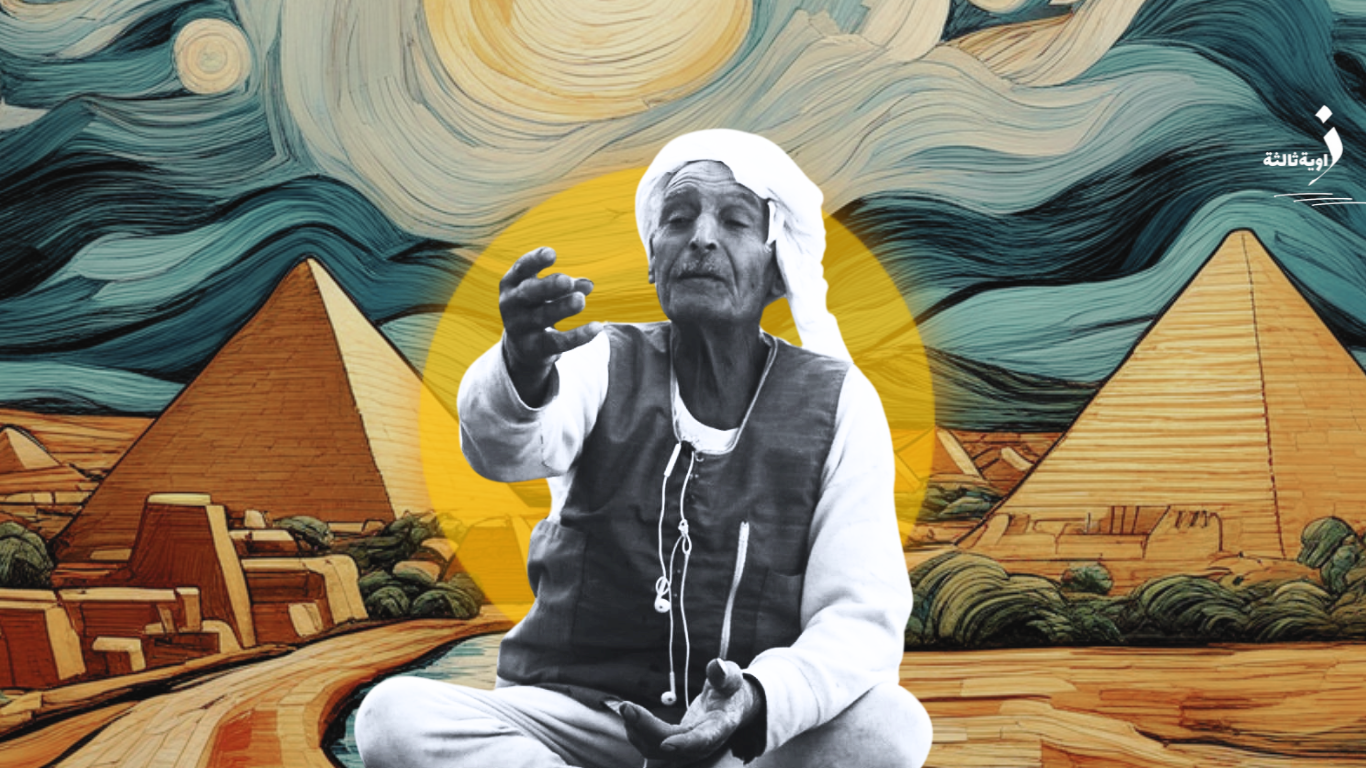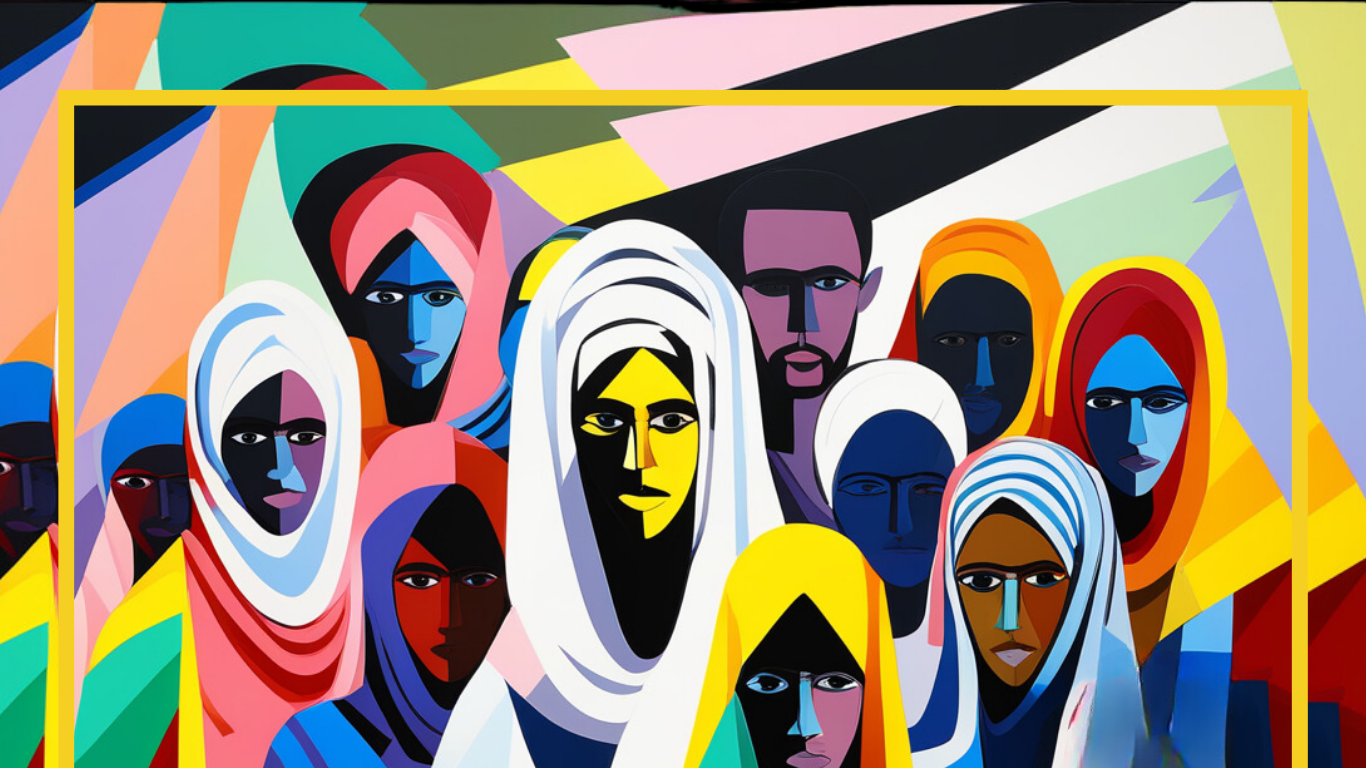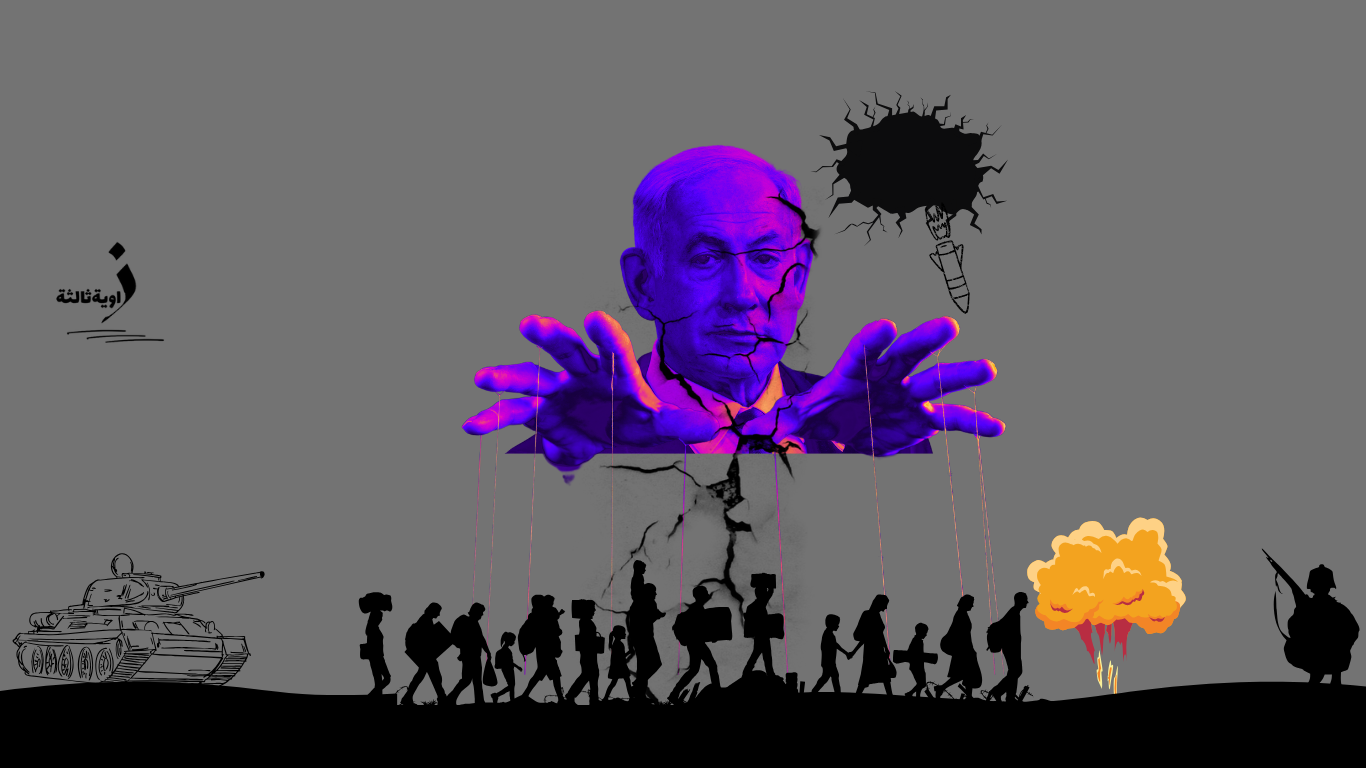Belal Darder
‘Egypt, China, and Iran are the three empires of antiquity that exist today as nation states, the sovereignty of which extends over much the same territory ruled by those ancient empoires.
Egypt is especially remarkable in these regards, reflecting the unique unifying force of the Nile River. Relative ease of communication and transportation, combined with remarkably fertile arable land, enabled successive governments to organize and control populations and to extract the resources necessary to sustain centralized government.’
This is how Robert Springborg starts his book “Egypt” which has a fundamental objective of answering a simple question; Who rules Egypt?
The legacy of Royal Egypt inherited by the officers’ republic was the envy of all the newly independent third world countries. A diversified economy with a currency _the Egyptian Pound_ more valuable than the British pound. A strong agricultural sector whose profits were sufficient enough to fund the nascent industrial base. A financial sector which included a selection of some of the best European banks side by side with a group of vibrant national banks along with an Egyptian strong stock market.
Egypt’s infrastructure was also first clase among the third world countries with the first railway network in Africa and Asia. An irrigation system amongst the best in the world. A well-run tram, sewer and water systems. Booming commercial centers often compared to ones in Southern Europe. In addition to the Suez Canal which at the time was by far one of the most important strategic waterways in the world. Its education and cultural scene were highly regarded with Cairo University ranked better than many European universities.
Springborg explains in detail how the officers’ republic squandered these valuable assets and their bestowed advantages. This became vividly clear as global competition intensified after globalization started in the 1980s. The value of the Egyptian currency is used as a tool to visualse the deterioration of the Egyptian economy. In 1960, one Egyptian Pound was worth three US Dollars. In 1990, it was 30 Cents. In 2016, a mere 6 Cents. Currently it is around 2 Cents only.
The Deep State
The Writer then uses the term “The Deep State” to refer to the institutions governing Egypt for the last seven decades. The presidency, the army and the intelligence services. These three institutions have unconditionally and uncontrollably managed the assets and the funds of the Egyptian state. They effectively established a closed extractive economic system upon its gates they firmly stand as gatekeepers selectively controlling who can be granted access.
According to Spingborg, the aforementioned institutions vie for controlling the different branches of government. The army incessantly seek to control the executive branch by carefully appointing retired generals to important positions. The majority of the heads of Egypt’s 27 governorates are retired army officers. As a way of evading the army’s total control of the executive branch and by a presidential decree, the heads of governorates report to the interior ministry which is controlled by the intelligence services.
The intelligence services uses a more discreet means to penetrate the executive branch, by virtue of the nature of their job and through surveillance and coercion. The information and secrets they acquire during their service is often translated into personal financial gains. Many members of the intelligence services choose to work for the private sector using the previously acquired network of relations and information.
Mubarak’s last interior minister complained to a foreign ambassador that he is unable to retain talents in the ministry as the private sector provided higher economic benefits for members of the intelligence services.
The judicial branch enjoys a special status as the deep state needs to afford it a margin of independence as a way of legitimizing the regime’s mandate to rule the country. Nevertheless, the relation between the deep state and the judicial branch witnessed periods of conflict especially during Nasser’s time in power as he organised a campaign to purge the branch of any opposition in what became known later as the Massacre of the Judges of 1969.
During the Brotherhood’s year in power, observers documented higher levels of cooperation between the generals and the judges. The generals allowed a judge, Adly Mansour to become the interim president of Egypt after the removal of the Brotherhood, and the judges returned the favor by becoming a tool through which tens of the thousands of the Brotherhood’s affiliates were harshly sentenced to prison.
The nature of the Egyptian Parlimant (legislative branch) also necessitated a margin of independence from the deep state. That independence can be attributed to external factors, as in 2005 when Washington actively pressured Cairo to allow for relatively free elections resulting in the Brotherhood winning one fifth of the Parlimant’s seats. Internal factors can also play a critical role. Sayed Marei, the speaker of the Parlimant during the Sadat era, whose son married Sadat’s daughter, played a huge role in securing new powers and authorities for the Parlimant away from the deep state.
The limited independence of the Parlimant completely vanished during the Sisi era. Currently, the intelligence servies handpicks all the members of the Parlimant thus insuring the disappearance of any opposition in Egypt’s legislative branch.
The book ends on a dire note, Sprinborg affirms that changing the course of the continuous detrioiration of Egypt gets harder every year. Due to seven decades of economic mismanagement, fierce global competition and the change of patters of economic progress, Egypt’s prospects of imitating the Korean or the Japanese experiments are very low. What was possible seventy years ago is no longer feasible.

